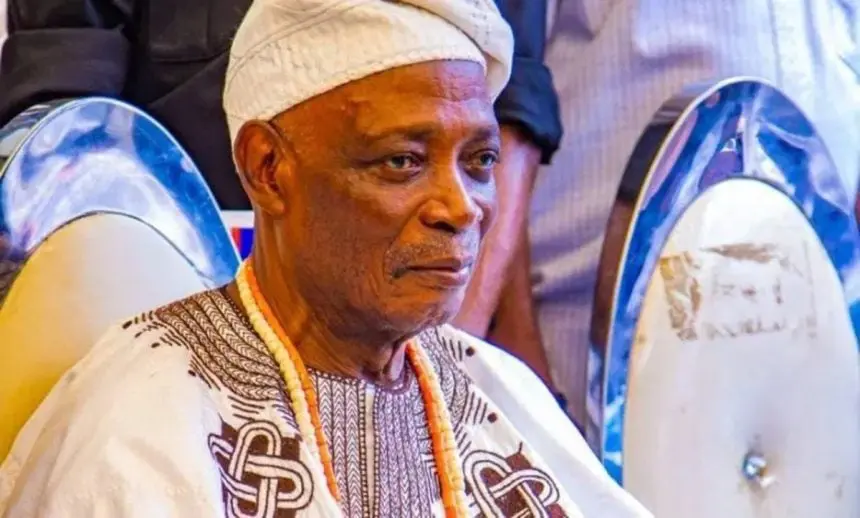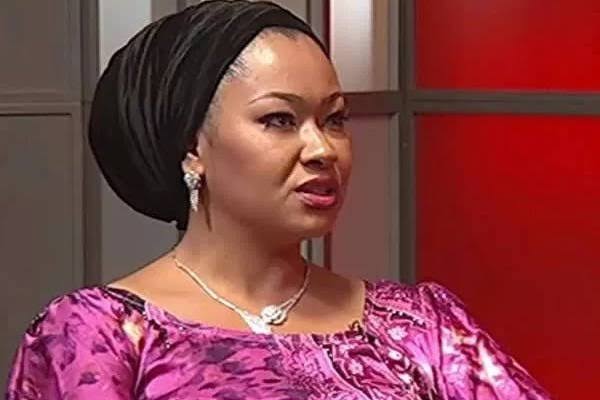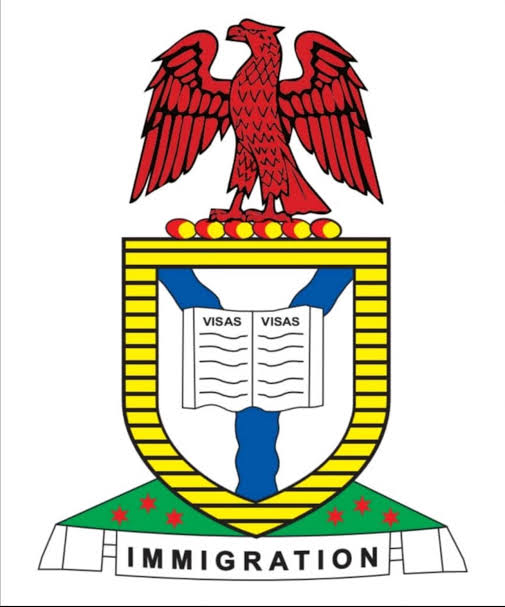Sultan of Sokoto, Alhaji Saad Abubakar, Nigeria’s President Muhammadu Buhari, and the head of the Supreme Council for Fatwa and Islamic Affairs in Nigeria, Ibrahim Salih, have been named among the most powerful Muslims in the world.
The list of the most powerful Muslims globally was released earlier this week in a publication titled, Muslim500 (the 2022 Edition).
According to copy sighted by our correspondent, Buhari and Abubakar are the 17th and 18th most influential Muslims worldwide. While Salih is the 47th most significant Muslim on earth.
In the previous edition of the Muslim500, Buhari was listed 16th (he ranked 17th two years ago); the Sultan ranked 19th (two years ago, he was the 20th most powerful Muslim).
His critics and opponents see the Nigerian president as a “religious bigot” and “sectional leader,” allegations he has always denied.
Billionaire businessman Aliko Dangote, who did not make the top 50, is listed in the business category of the most influential Muslims.
The new Emir of Kano, Aminu Ado Bayero, was got an honourable mention.
“Aminu Ado Bayero became the 15th Emir of Kano on 9 March 2020. His father had been the 13th emir (1963-2014) but was succeeded by a nephew, who was subsequently dethroned by the Kano state government in 2020, allowing Bayero to claim the title,” said the publication. “The emir of Kano is historically the second most important Muslim position in Nigeria after the Sultan of Sokoto. The emir of Kano serves as the leader of the Tijani sufi order in Nigeria.”
Regarding Mr Salih, Muslim500 stated, “Sheikh Ibrahim was born in Borno State in north-eastern Nigeria in 1938 and started his quest for knowledge at a very young age by accompanying his father, Sheikh Muhammad Al-Salih bin Yunus Al-Nawwy. He lost his father at the age of seven and so completed his initial studies at the Supreme Islamic Institute in Nigeria and then studied at the hands of renowned scholars in countries such as Saudi Arabia, Egypt, Morocco, India, Pakistan, Senegal, Niger and Sudan.”
Advertisement




